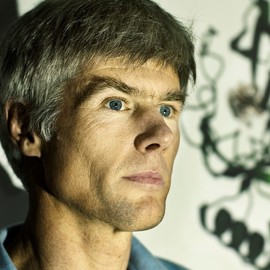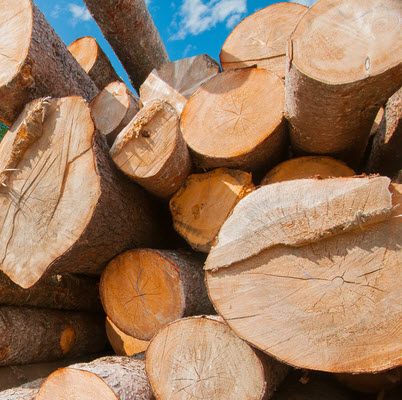Climate change and the shortage of fossil-derived gas and oil are driving thirst for renewable resources. Interest is growing in the lignin in forestry and agricultural waste streams, as this aromatic polymer has tremendous untapped potential as a source of high-value products, including carbon fiber, commodity chemicals, and fuels.

Dr. Lindsay Eltis
As the second-most abundant biopolymer on earth after cellulose, an estimated 100 million tons of lignin is produced annually. Effective processing methods have advanced slowly, but new opportunities for upgrading lignin are accelerating as the result of research into fractionation technologies and the engineering of microbes to convert lignin into a useable form.
An interdisciplinary collaboration between Microbiology and Immunology researchers Lindsay Eltis and William Mohn is playing an important role in this emerging area. In a significant 2020 publication in PNAS, the team identified a novel microbial pathway for breaking down alkyl guaiacols – fragrant liquid and/or solid materials derived from several types of industrial lignins.
The key enzyme in this pathway is a cytochrome P450 monooxygenase. This P450 catalyzes the O-demethylation of lignin-derived alkyl guaiacols. The researchers characterized the enzyme, and demonstrated that it can address a rate-limiting step in the conversion of lignin-derived aromatic compounds into useful products.

Dr. William Mohn
This LSI-based collaboration highlights the opportunities inherent in working at the intersection of biochemistry, microbial ecology, and metabolic engineering. Application of P450 enzymes promises to add value to a low-cost product generated worldwide during the production of ethanol and wood pulp, as well as contribute to the economic viability of biorefineries, specialized facilities for processing natural materials.
